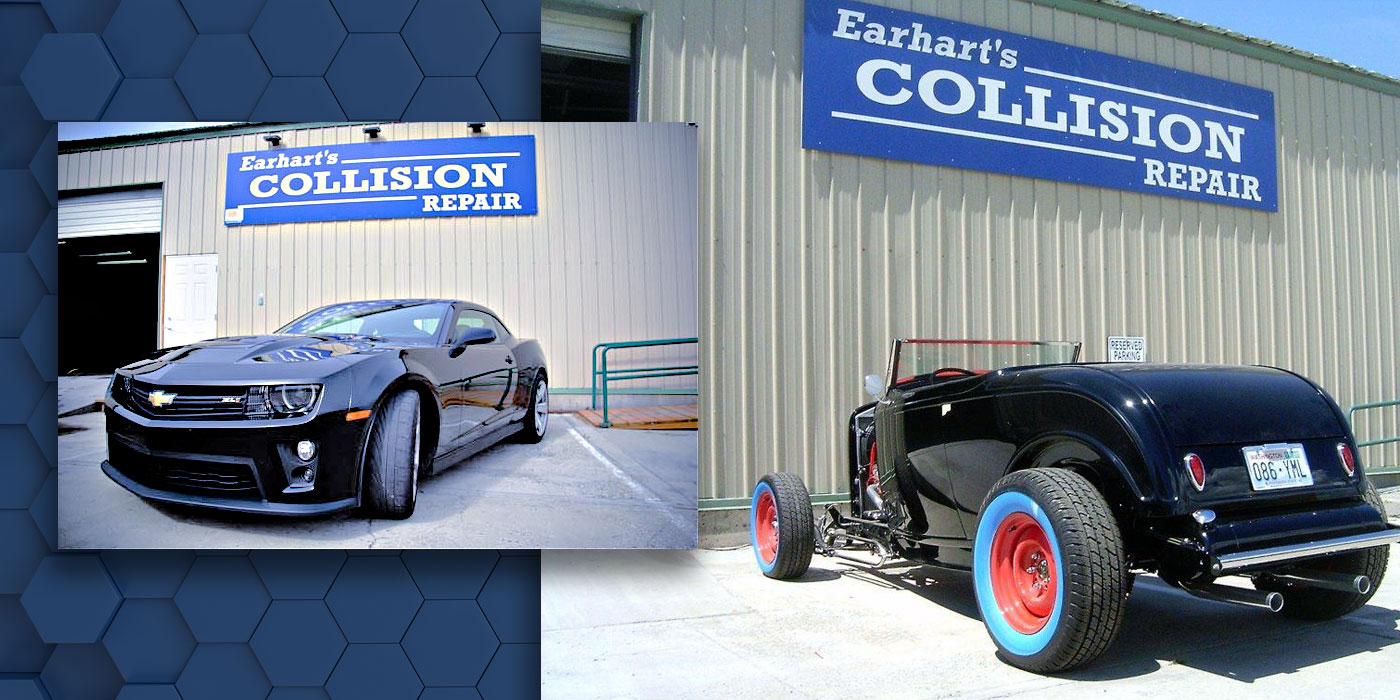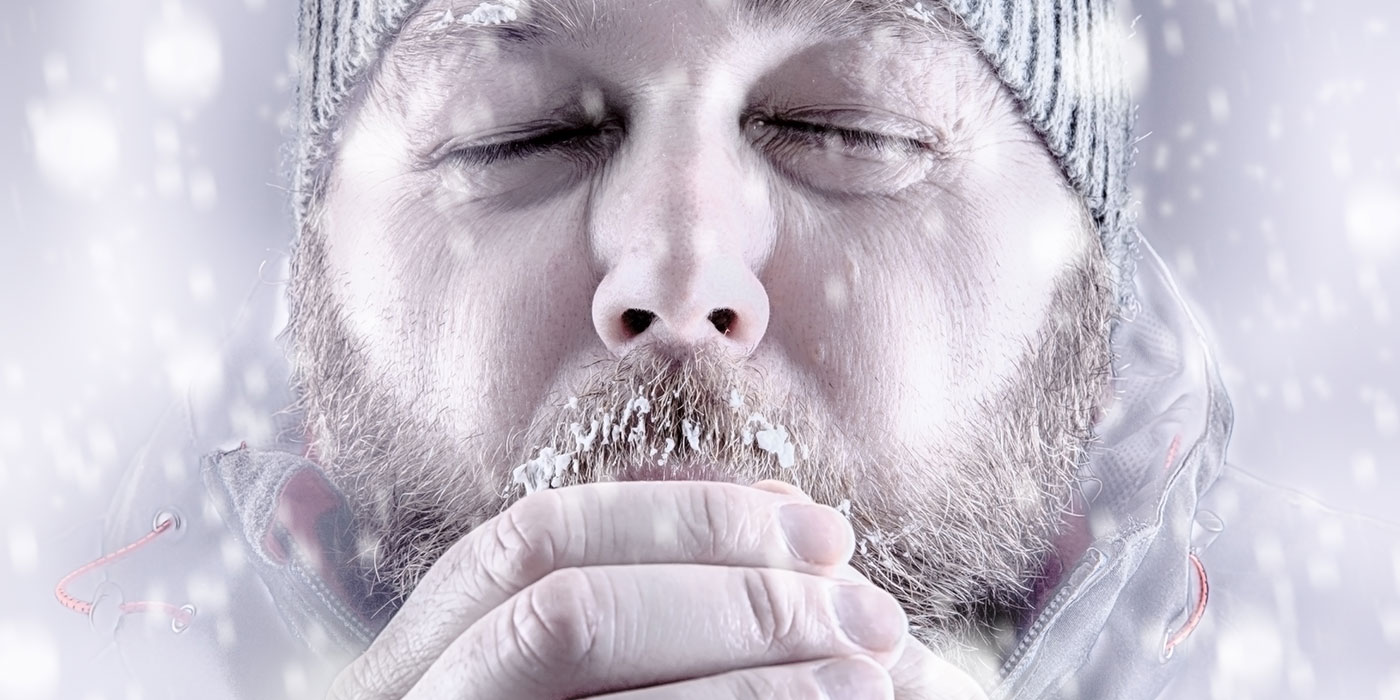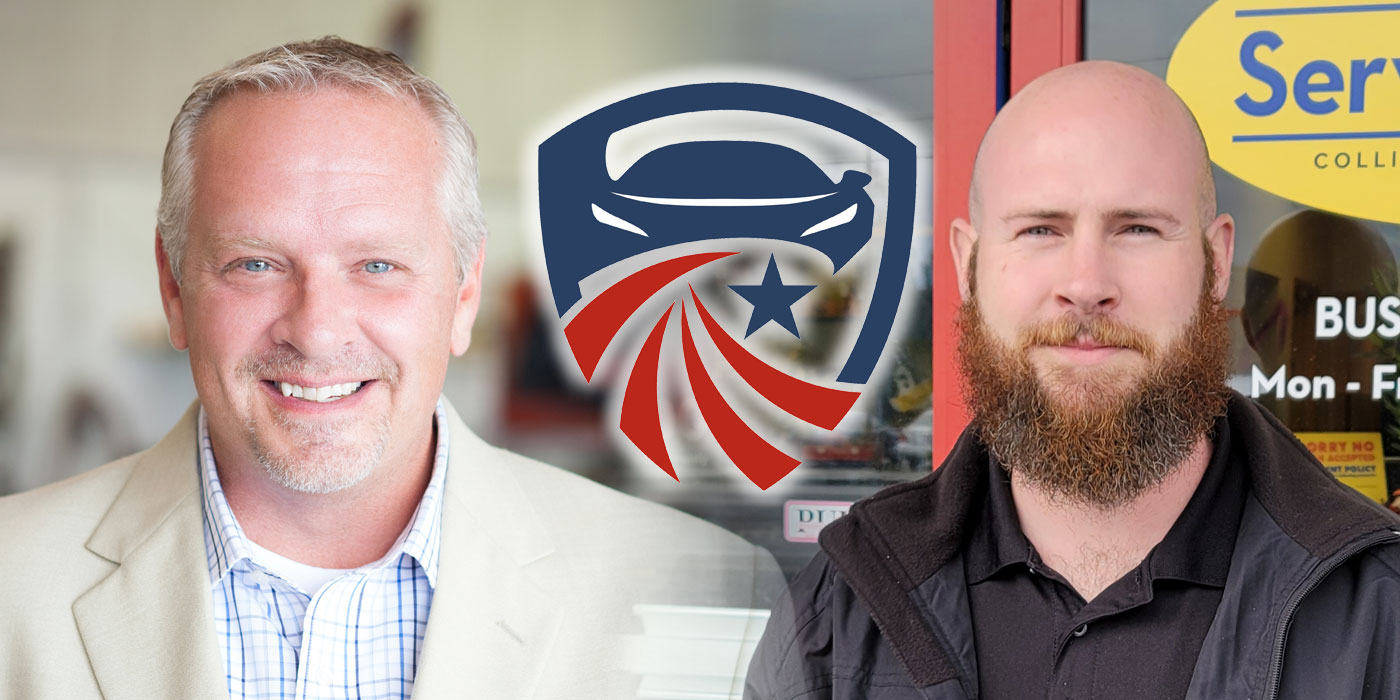Over the many years I served as a shop owner and manager, I learned that each of my employees had a valuable role within my organization and helped the company achieve its mission.
Let’s take a look at the various positions and roles in the average collision repair shop and how they can affect a company’s performance and success.
Receptionist
The receptionist has a number of basic yet important responsibilities. Most often, it’s the receptionist who has first contact with a prospective customer and sets the tone for their first impression of the shop – key in earning their trust and confidence and turning them into a lifelong customer.
The receptionist’s duties include:
- Greeting, welcoming and directing customers
- Notifying the proper company personnel of their arrival/presence
- Responding to visitor inquiries/questions
- Making visitors comfortable and offering refreshments
- Maintaining employee and department directories
- Maintaining security by following procedures, monitoring the sign-in book, etc.
- Keeping the reception area organized, clean and appealing
- Supporting continuity among work teams by documenting and communicating actions, irregularities and continuing needs
- Contributing to the team effort by accomplishing tasks and related results as needed
- Maintaining telecommunications, paging systems, etc.
- Performing other office-related duties as requested
The receptionist’s skills include:
- Telephone skills
- Verbal communication
- Listening
- Professionalism
- Customer focus
- Organization
- Informing others
- Handling pressure
- Supply management
- Computer skills
- Scheduling
The receptionist’s education, experience and licensing requirements include:
- College degree or past experience
- Familiarity with phone systems
- Experience with Microsoft Office, Excel
- Licensing likely not required
As you can see, the receptionist plays an extremely important role in the overall success of the operation…but are they the most important?
Customer Service Representative/Estimator
There’s an old saying that goes, “Nothing happens until the sale is made.” And this is where the customer service representative (CSR) or “estimator” takes over from the receptionist and earns the prospective customer’s trust, confidence and business as their preferred service provider.
The goal of the CSR/estimator is to ascertain the customer’s needs and determine how best to meet them and overcome objections with viable and cost-effective solutions and options.
CSR/estimator skills and training needed include:
- Ability to perform applicable research and prepare a comprehensive damage/repair assessment for an optimum repair and reduced liability
- Computer-aided estimating skills (experience with Microsoft Office preferred, understanding P-pages, etc.)
- Research (finding and accessing OEM repair recommendations)
- Interpersonal skills (in-person, telephone, writing)
- Salesmanship (empathy and concern for the customer’s well-being)
- Communication skills
- Organizational skills (scheduling, file maintenance, communications, notes, etc.)
- Professionalism, confidence and competence
- Claims experience (success in dealing with claims people)
- Always keeping the company’s mission in the forefront of their activities
Education, experience, and licensing requirements include:
- College degree (a plus)
- Hands-on collision repair experience
- Hands-on automotive refinishing experience
- Experience with various estimate platforms (i.e. Mitchell, CCC, Audatex)
- Salesmanship (asking for the customer’s commitment)
- Licensing may be required as per state mandate(s)
Parts Acquisition/Procurement Staff
If the receptionist and the CSR/estimator have done their job properly, the parts acquisition/procurement staff will be called upon to order and secure the prescribed parts from the various suppliers as needed, with the assurance that the correct parts are ordered and delivered in a timely manner.
Duties may include notifying the CSR/estimator of parts price differences and/or issues regarding parts availability so that the proper notifications can be made and necessary changes determined and approved.
Upon receipt of the ordered parts, they will either verify, check in and tag each part, or have the assigned technical staff do so. They will also handle any damaged, improper and/or damaged parts received to ensure the repair is not delayed. Direct and timely communications with the CSR/estimator assigned to the particular repair is crucial.
Skills and training the parts manager needs include:
- Ability to perform applicable research and understand a comprehensive damage/repair assessment to enable proper parts acquisition
- Ability to research parts availability
- Interpersonal skills (in-person, telephone, writing)
- Organizational skills
- Problem-solving skills
- Ability to handle stress with positive results
Education, experience and licensing requirements include:
- College degree (a plus)
- Past experience in collision repair parts acquisition
- Past experience as a collision repair technician
- Licensing as per state mandate(s)
Technicians
Once promises are made, they must be kept, and it will be up to the technical staff to do so in a manner that pleases the customer, maximizes efficiency and productivity, and limits any potential liability.
Skills and training needed by the technician include:
- Ability to perform applicable research and understand a comprehensive damage/repair assessment to understand the full scope of their activities.
- Interpersonal skills with internal staff and external individuals (i.e. customers)
- Organizational skills
- Problem-solving skills
- Commitment to high-quality work standards and thoroughness
Education, experience and licensing requirements include:
- High school graduate, vo-tech education (some college a plus)
- Past experience in collision repair or refinishing
- Industry-sponsored training and certification (I-CAR, ASE, OEM, vendor, etc.)
- Past management/ownership experience a plus
- Licensing as per state mandate
Detail Technician
I’ve always believed the detail tech’s responsibilities are no less important than anybody else’s in the shop. They are generally the last person who can catch any errors or issues that should be corrected before the vehicle is delivered to the customer.
Additionally, while their job may not be highly technical or tied to the vehicle’s safety or function, the failure of a detail professional can have a dramatic and a long-lasting effect on the customer’s level of overall confidence and satisfaction with the repair…and the shop!
When a detail is done properly and thoroughly, the customer will be greatly impressed with the care, attention to detail and pride shown in the workmanship performed. Their confidence in the perceived quality of their restored vehicle will also restore their peace of mind.
Conversely, a little thing such as a few fasteners left in the rear floorboard, a dirty rearview mirror or dust in the trunk could shatter the customer’s confidence in the overall repair. They will think that if such a simple and obvious thing was overlooked, what else was overlooked? These oversights could destroy the customer’s confidence along with their lifelong desire to recommend your company to others.
Skills and training needed by the detailer include:
- Interpersonal skills with internal staff and external individuals (i.e. customers)
- Knowing the various products and how to employ them at maximum performance
- Organizational skills (scheduling, inventory, etc.)
- Possessing and providing problem-solving skills
- Commitment to high-quality work standards and thoroughness
The detailer’s education, training, experience, background and licensing requirements should include:
- High school graduate, vo-tech education (some college a plus)
- Past experience in collision repair or refinishing
- Past experience in detailing
- Industry-sponsored training and certification (I-CAR, ASE, OEM, vendor, etc.)
- Past management/ownership experience a plus
- Licensing as per state mandate
The detailer’s responsibilities for a well-performed and received repair and customer satisfaction are extremely important to the company’s success, but is the detailer the most important team member in the company?
The Manager/Owner
The manager of a collision repair facility is much like the captain of a large cruise ship who is responsible for selecting the crew that will help them successfully navigate the ship to the desired destination safely and on time – all the while ensuring that the passengers have a great experience in the hopes that they will come back and refer others to take the same cruise.
Likewise, a collision center manager/owner has the duty and obligation to select the best staff based on their training, knowledge and experience for the specific tasks required to best achieve the long-term mission: earning a customer for life, and even more importantly, earning their lifelong referrals of friends, family and fellow community members.
As most owners and managers know, it’s not easy to find a group of people who not only have the necessary experience and training but also are dedicated to the mission and can work together like a well-oiled machine to successfully achieve the company’s goals.
Summary
So, who is the most important team member? The manager/owner becomes the most important; however, every good manager or owner would never accept that moniker because they know they are only as good as those they surround themselves with. Acquiring a great team of dedicated, enthusiastic professionals is not an easy task, let alone motivating and retaining them for a long period of time. It takes a person with special leadership skills to be successful and an even better leader to make their team and their company consistently successful.
Great leaders come from being great followers. A leader is no one without their followers…and followers are no one without a leader.
Barrett Smith, AAM, is the founder and president of Auto Damage Experts Inc., which has been providing automotive inspection and expert legal services nationwide since 1997. He can be reached at (813) 657-6705 or [email protected].














